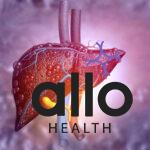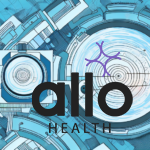Natural STD Cures: Exploring Effective Home Remedies
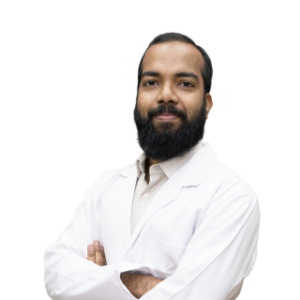
Allo Health is dedicated to personalized well-being, offering support and trusted information tailored to individual health goals. The platform emphasizes human-generated content, led by a distinguished medical team of experts, including physicians and sexual health specialists. Their commitment to credibility involves rigorous fact-checking, authoritative research, and continuous updates to ensure accurate, up-to-date information. Allo Health's unique approach goes beyond conventional platforms, providing expert-led insights and a continuous commitment to excellence, with user feedback playing a crucial role in shaping the platform's authoritative voice.

Dr. Ajay Ravi holds an MBBS degree from JSS Medical College, Mysore. He has worked closely with the psychiatry department at JSS and has gained experience in the field of Sexual health and medicine.
Why This Was Upated?
Our experts continually monitor the health and wellness space, and we update our articles when new information became available.
Updated on 14 March, 2024
- Article was updated as part of our commitment to diversity, equity, and inclusion.
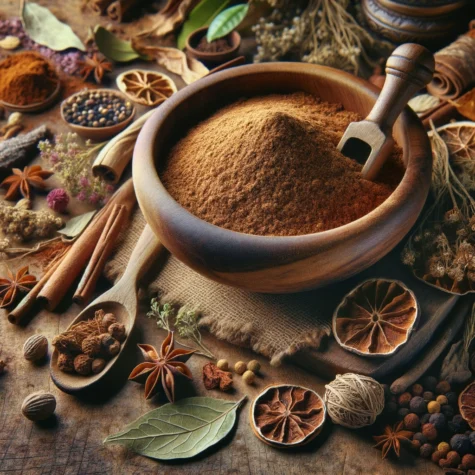
"The following blog article may discuss medical treatments and interventions. However, it is important to note that the information provided is for general educational purposes only and should not be considered as a substitute for professional medical advice, diagnosis, or treatment. Always seek the guidance of a qualified healthcare professional for personalized medical advice.
Book consultation
Medical treatments are complex and should be tailored to individual circumstances. The information presented in this blog may not be applicable to everyone, as each person's medical condition, history, and needs are unique. Only a qualified healthcare professional can evaluate your specific medical situation, consider relevant factors, and provide appropriate recommendations for diagnosis, treatment options, and monitoring.
It is crucial to note that self-diagnosis, self-medication, or relying solely on the information provided in this blog for treatment decisions can have serious health consequences. "
In today’s health-conscious world, many individuals are turning towards natural remedies to address various ailments, including sexually transmitted diseases (STDs). While modern medicine offers effective treatments for these conditions, the interest in natural STD cures has surged, offering a complementary approach to traditional medical care. This article explores the potential of natural remedies in managing STD symptoms and highlights the importance of professional medical advice.
Understanding STDs and Their Impact
Sexually transmitted diseases are infections transmitted through sexual contact. They can have serious health implications if left untreated, including infertility, organ damage, and increased risk of certain cancers. Common STDs include chlamydia, gonorrhea, syphilis, and herpes.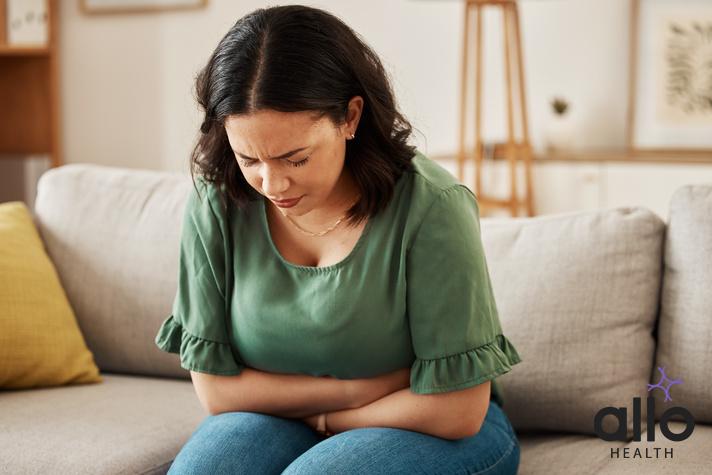
Recognizing the Symptoms of Sexually Transmitted Diseases (STDs)
Sexually Transmitted Diseases (STDs) are infections primarily spread through sexual contact. The symptoms of STDs can vary widely from one person to another and among different infections. Some STDs may present mild symptoms or, in some cases, no symptoms at all, making it challenging to identify them without proper testing. Recognizing the symptoms is crucial for early diagnosis and treatment. Here are common symptoms associated with STDs:
- Unusual or Bad-Smelling Discharge: An abnormal discharge from the penis or vagina that may also have an unpleasant odor.
- Lesions, Sores, or Bumps: The appearance of lesions, sores, or bumps on or near the genitals, rectum, or in and around the mouth.
- Atypical Vaginal Bleeding: Vaginal bleeding that occurs outside of the regular menstrual cycle or after intercourse.
- Pelvic Pain: This can be a sign of various STDs, including chlamydia and gonorrhea, and may also indicate pelvic inflammatory disease (PID).
- Pain and Burning During Urination: A common symptom that may indicate the presence of an STD such as gonorrhea, chlamydia, or a urinary tract infection.
- Painful Intercourse or Sexual Activity: Discomfort or pain during intercourse procedure can be a symptom of several STDs.
- Unusual Pain in the Lower Abdomen: Pain in the lower abdomen, not related to other common conditions, may suggest an STD or PID.
- Fever: A systemic response that may accompany various STDs, especially in the case of HIV, syphilis, and herpes.
- Rashes: Certain STDs, such as syphilis, can cause rashes on various parts of the body.
- Genital Itching: Persistent itching in the genital area is a common symptom of STDs like genital herpes and trichomoniasis.
- Genital Pain: Pain in the genitals, buttocks, hips, or legs can be associated with several STDs, including genital herpes.
- Flu-like Symptoms: Some STDs, particularly HIV, can cause symptoms similar to the flu, including fatigue, fever, and swollen lymph nodes.
- Swollen Lymph Nodes: Swelling of the lymph nodes, particularly in the groin area, can occur with STDs like HIV and syphilis.
It’s important to note that these symptoms can overlap with other medical conditions, making it essential to seek medical advice for an accurate diagnosis. Early detection and treatment of STDs can prevent serious health problems and reduce the risk of transmission to others. If you or your partner experience any of these symptoms, it is advisable to visit a healthcare provider for testing and appropriate treatment.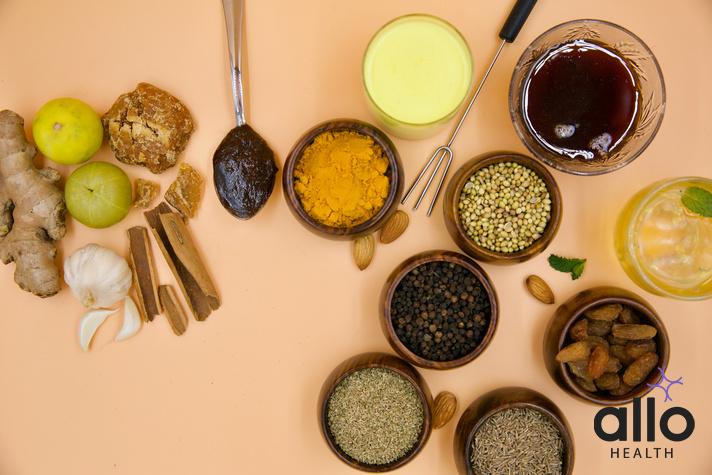
The Quest for Natural Remedies
Many people seek natural cures for STDs to avoid the side effects of pharmaceutical treatments or as an adjunct therapy. Here’s a closer look at some natural remedies that have been explored:
Garlic: Garlic is known for its antimicrobial and antiviral properties, making it a popular home remedy for various infections. It is suggested that garlic can combat certain bacteria and viruses, but its effectiveness against STD pathogens maybe lower.
Tea Tree Oil: Tea tree oil has antiviral and antibacterial properties, which may help alleviate symptoms of viral STDs like herpes. It’s used topically, but caution is advised as it can cause skin irritation in some individuals and it is not a cure for the disease.
Echinacea: Echinacea is often used to boost the immune system, potentially helping the body fight off infections. While it may support overall immune function, there’s limited evidence of its efficacy specifically against STDs.
Goldenseal: Goldenseal is another herb touted for its antimicrobial properties. It’s sometimes recommended for bacterial infections, but like many natural remedies, scientific support for its use in treating STDs is lacking.
Precautions and Professional Guidance
While exploring natural STD cures, it’s crucial to proceed with caution. Not all remedies are safe or effective for everyone, and self-treating an STD can lead to complications or the transmission of the infection to others. Here are key considerations:
- Consult Healthcare Professionals: Before trying any natural remedy, consult with a healthcare provider. They can offer guidance based on your medical history and the specifics of the STD.
- Diagnosis and Treatment: Accurate diagnosis and appropriate treatment are vital. Some STDs require antibiotic or antiviral medications, and delaying conventional treatment can have serious consequences.
- Research and Evidence: Look for scientific evidence supporting the use of any natural remedy. Reliable sources include peer-reviewed journals and reputable health organizations.
Treating Sexually Transmitted Diseases (STDs) with Home Remedies
While your healthcare provider might recommend antibiotics to manage and cure STDs, numerous natural remedies have been utilized for generations to alleviate the symptoms of these conditions. Here, we explore several traditional remedies known for their potential to mitigate STD symptoms and bolster your resilience against these infections.
Garlic: A Natural Antibacterial Agent
Renowned for its health-enhancing properties, garlic has served as a trusted remedy through the ages. Its potent antibacterial capabilities make it a go-to natural medicine for bacterial infections, including those causing STDs.
Goldenseal: The Antimicrobial Powerhouse
The Goldenseal plant also recognized as berberine or Hydrastis Canadensis L., boasts significant antimicrobial properties. Research suggests its effectiveness in addressing a variety of health issues, such as upper respiratory infections and canker sores. It’s also believed that goldenseal may help combat STIs like gonorrhea and chlamydia.
Available in capsule form for oral intake and creams for topical application, it’s crucial to consult a healthcare professional or herbalist to determine the appropriate dosage before using goldenseal.
Turmeric: The Anti-Inflammatory Marvel
Turmeric, celebrated for its numerous health benefits, contains curcumin—a compound with potent anti-inflammatory effects. Consuming raw, organic turmeric on an empty stomach is thought to eradicate harmful bacteria within the body.
Apple Cider Vinegar: A Versatile Remedy
With its wide array of health benefits, apple cider vinegar stands out as a leading natural remedy for STDs. Whether ingested or applied topically, its antibacterial properties may offer relief. However, its high acidity demands cautious use to avoid irritation to sensitive genital areas.
Additional Natural Treatments
- Colloidal Silver: This solution may help soothe inflammation and accelerate the healing of syphilitic sores.
- Honey: Known for containing glucose oxidase, an enzyme that can destroy bacteria, honey serves as an effective antibacterial agent.
Nutritional Support for Optimal Health
Adopting a nutrient-rich diet is essential for maintaining overall health conditions and a robust immune system. A diet low in trans and saturated fats, sugars, and refined foods is highly recommended.
It’s important to recognize that STDs are highly infectious and can lead to severe health complications. If you experience any related symptoms, seek immediate medical attention. While the natural remedies mentioned offer benefits from nature, always discuss their inclusion in your treatment plan with your doctor. Prioritizing safety and health is paramount.
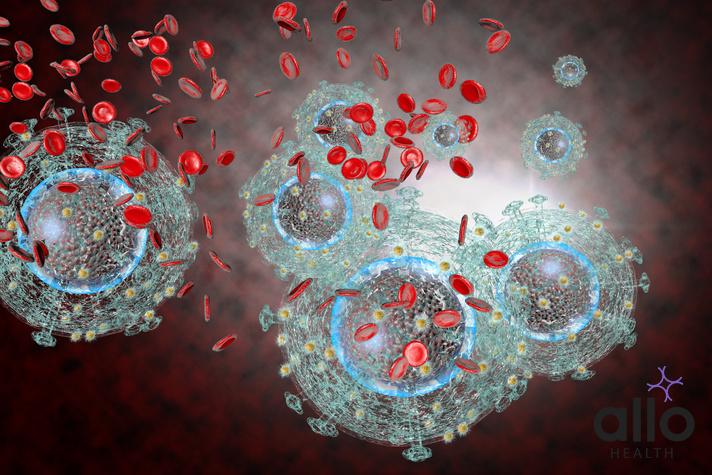
Why Home Remedies for Chlamydia Aren’t Effective
Chlamydia, a common sexually transmitted infection (STI), often shows no symptoms but requires treatment for chlamydia to prevent complications. The only proven cure for chlamydia is antibiotics prescribed by a healthcare professional. Home remedies, while popular and may offer symptom relief, do not cure chlamydia.
- Fact: Chlamydia requires antibiotic treatment; home remedies do not cure it.
Home Remedy for Chlamydia
- Common Types: Garlic, Echinacea, Goldenseal, Turmeric, Olive Tree Extract
- Limitation: Provide symptom relief only, cannot eliminate the infection
Risks of Untreated Chlamydia
- Health Risk: Infertility, PID, increased risk of other STIs
- Spread: To partners and throughout the body
Proper Approach
- Diagnosis: Through testing
- Treatment: Professional medical intervention
- Prevention: Avoidance of sexual activity until cured
Conclusion
While the interest in natural STD cures is understandable, it’s important to approach this topic with caution and seek professional advice. Natural remedies may offer symptom relief for some individuals, but they should not replace conventional medical treatments. Prioritizing safe, effective care and open communication with healthcare providers is essential in managing STDs responsibly.
Most Asked Questions
-
What are some common natural remedies mentioned for STD symptom relief?
Common natural remedies that some people use for STD symptom relief include garlic, tea tree oil, echinacea, goldenseal, and turmeric. However, their effectiveness in treating STDs is not supported by scientific evidence, and they should not be used as a substitute for medical treatment.
-
Why is it important to consult a healthcare provider for STDs?
Consulting a healthcare provider is essential for several reasons: to obtain an accurate diagnosis, to receive effective treatment that can cure the infection, to prevent the spread of the STD to others, and to avoid serious health complications that can arise from untreated infections.
-
Can eating a healthy diet cure an STD?
While a healthy diet can support overall immune function and well-being, it cannot cure an STD. Proper medical treatment with antibiotics or antiviral medication is necessary to treat and cure sexually transmitted infections.
-
What risks are associated with untreated STDs?
Untreated STDs can lead to severe health complications, including infertility, pelvic inflammatory disease (PID), increased risk of acquiring other STDs, and in some cases, can contribute to the spread of the infection to sexual partners or, in pregnant women, to their unborn child. It's vital to treat STDs promptly with proven medical interventions.


